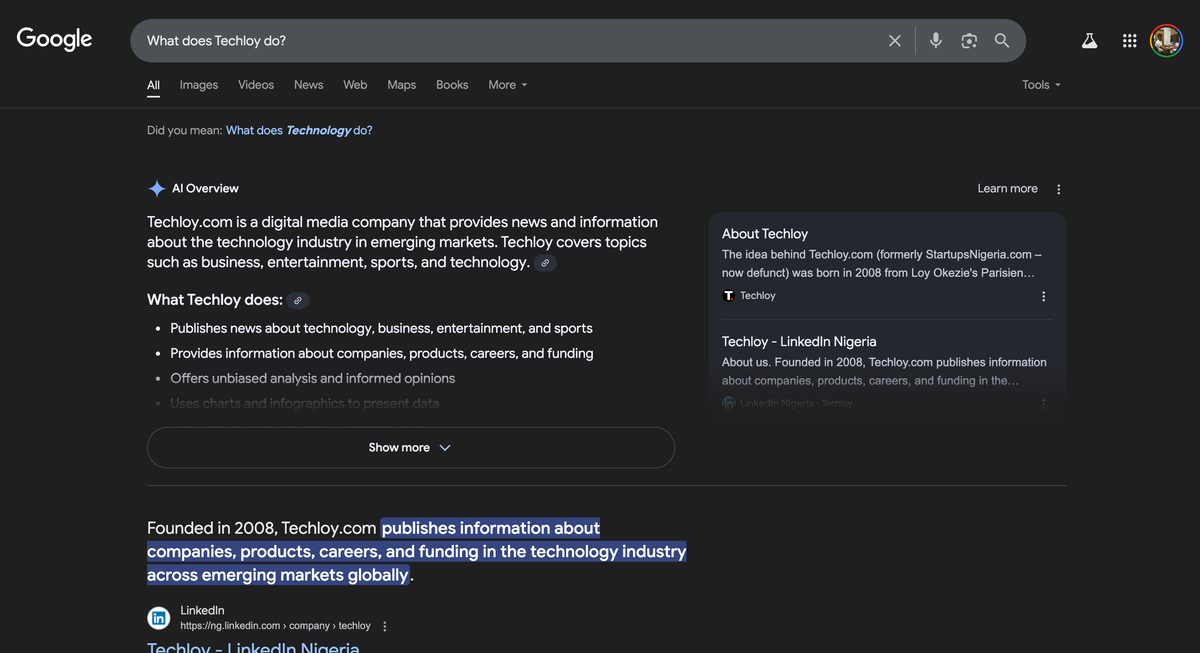Google Search could morph into an AI assistant

For years, Google Search has been the go-to platform for finding answers online. But in 2025, it seems Google doesn’t just want to help you search—it wants to do the searching for you.
During the company’s recent earnings call, CEO Sundar Pichai hinted at the next phase of Search’s evolution: a more AI-driven experience that goes beyond retrieving information to actively processing and presenting it—much like a personal AI assistant.
If this sounds familiar, that’s because Google has been heading in this direction for a while. Its AI Overviews, rolled out in May 2024, already summarize answers at the top of search results. But now, Google is looking to deepen AI’s role in Search with plans to integrate the platform with systems like Project Astra, a multimodal AI that can process live video, and Gemini Deep Research, which helps generate long-form reports from the web.
Google’s plans don’t stop there. Pichai also referenced Project Mariner, an AI agent that can interact with websites on behalf of users—potentially reducing the need for people to visit pages themselves.

This shift comes as Google faces increasing pressure from AI-first search competitors. In December 2024, Google Search still dominated the GenAI search race, thanks to its AI overview, with 16.5 billion U.S. visits—30 times more than ChatGPT’s 517 million. But ChatGPT’s numbers more than doubled year-over-year, showing that AI-driven search experiences are gaining traction.
Now, rather than ceding ground, Google wants to merge the chatbot-like experience of AI assistants with traditional search. Pichai even suggested that follow-up questions and conversational interactions could soon become a core part of Search.
It’s an ambitious push, but it also raises big questions. If Search becomes more like an AI assistant, will people still need to visit websites for answers? And if AI is doing more of the work for users, what does that mean for businesses relying on Google’s traffic?
If Google pulls this off, it could reshape how billions of people interact with the web. But given how AI Overviews launched with bizarre answers—like telling users to put glue on their pizza—it still has a lot to prove.
